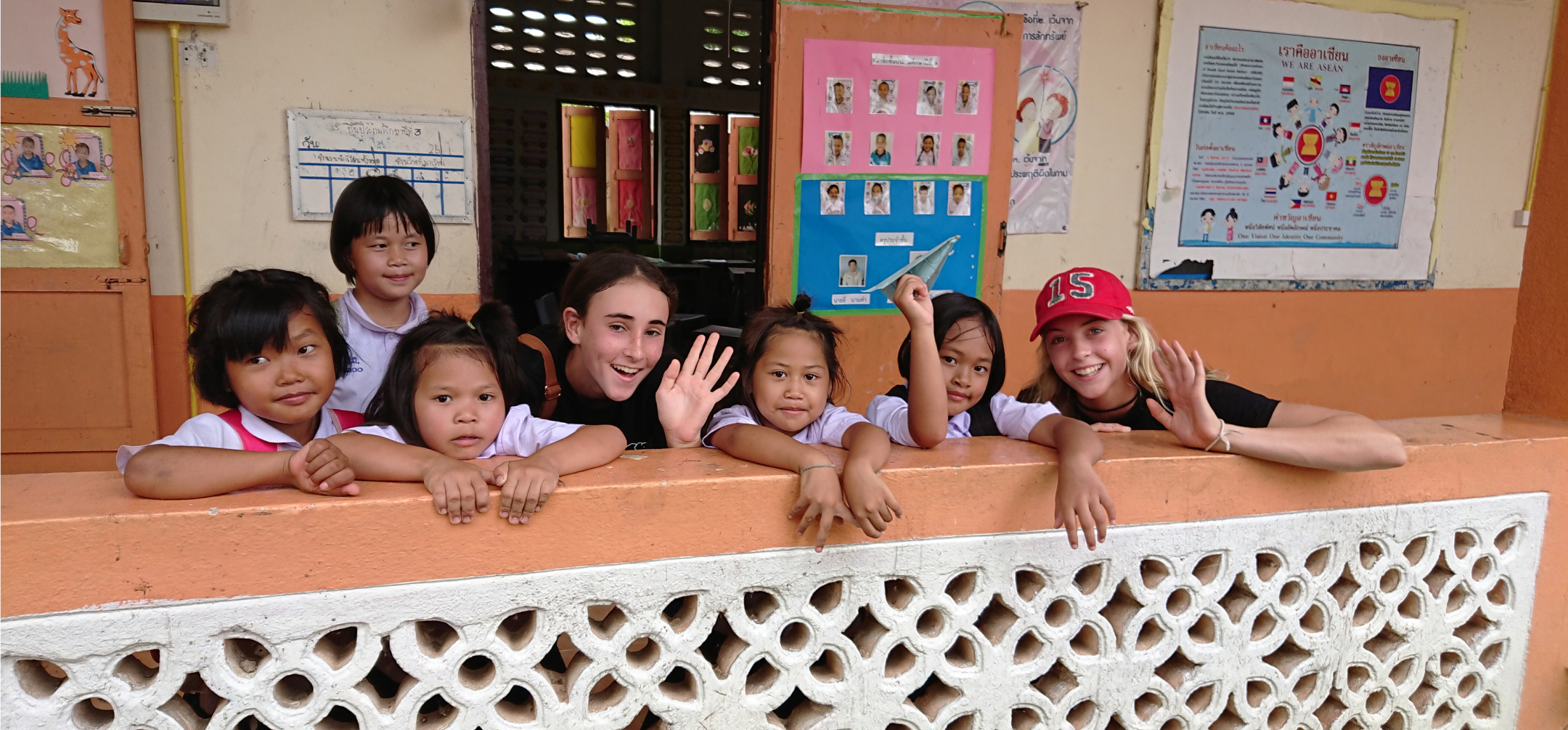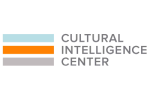
Cultural Intelligence (CQ) Training
SAIL has been at the forefront of incorporating cultural intelligence (CQ) research into its core programs. Recognising the importance of preparing students to thrive in a globalized world, SAIL translates the research of CQ into curriculum and co-curricular activities.
IQ, EQ and CQ
The 4 Pillars of CQ

With accredited CQ facilitators through the Cultural Intelligence Centre, SAIL's commitment to CQ research underscores the importance of intercultural competency as an essential skill in the 21st century, shaping students into empathetic leaders and proactive global citizens.
Cultural intelligence, or CQ, is a measure similar to IQ (intelligence quotient) and EQ (emotional quotient). CQ, first introduced by Christopher Earley and Soon Ang in the early 2000s and further developed by Ang and Linn Van Dyne, who created the CQ Scale, assesses an individual's capability to function effectively in culturally diverse situations. Cultural intelligence encompasses four main components: CQ Drive (confidence in cross-cultural interactions), CQ Knowledge (understanding cultural similarities and differences), CQ Strategy (processing culturally diverse experiences), and CQ Action (adapting behaviour to different cultures). Unlike IQ, CQ isn't quantified but is a lifelong soft skill that enhances interpersonal relationships by applying the 4 components of CQ to cross-cultural interactions, helping individuals empathise and connect with people from varied backgrounds. SAIL has been at the forefront of incorporating cultural intelligence (CQ) research into its core programs receiving international recognition for their work..
More than 1,000 journal articles by scholars and research teams from all over the world have shown the validity of the CQ Assessment and have shown that Cultural Intelligence predicts work performance, leadership effectiveness, creativity, and a host of other skills.

“Tim Barrett and the team at SAIL have been addressing a question I’m consistently asked when talking with executives around the world: “Who is developing cultural intelligence in the next generation of executives, engineers, diplomats, etc.?” SAIL has already received international recognition for their work in developing culturally intelligent young people and they have a vision to take it further.
I am excited for the potential of their online micro-credential, 'CQuest', and can't wait to see the impact this will have across the world.”
Professor David Livermore
Boston University | Cultural Intelligence Centre
CQuest Course

- Engaging multi-media and learning activities.
- Designed to meet the explicit intercultural competencies listed in global education curriculums such as ACARA and IB.
- Self-paced to accommodate flexibility and learning preferences.
- Certificate of completion endorsed by SAIL and Professor David Livermore (Boston University), a leading expert in CQ.
Our efforts towards implementing CQ research have earned us the prestigious title of ‘Best Co-Curricular Program’ at the Australian Education Awards for two consecutive years."
Course Benefits
Curriculum Alignment
Helps schools and universities fulfill their curriculum requirements in intercultural competency.
Resource Efficiency
Offers a cost-effective, easy-to-implement solution for teaching complex intercultural topics.
Global Employability
Enhances students' employability by equipping them with essential skills for the global workforce.
Reputation Enhancement
Provides a point of difference for institutions seeking to provide future-focussed training.
CQ Testing
The CQ Assessments measure an individual’s capability for working and relating across cultures.
Participants complete the assessment online and receive a personalised feedback report that compares their CQ with the worldwide norms, helps them interpret the feedback, and guides them through the process of creating a personal CQ Development Plan. These tests are perfect for domestic and international trips where a pre and post CQ testing can highlight growth across the 4 areas of CQ.
SAIL staff have undergone extensive training through the Cultural Intelligence Centre, the leading organisation in this growing field, and are excited to partner with them in order to offer assessment and training in the important skill of CQ.
The head of SAIL, Tim Barrett, is a lifetime member of the Society of CQ Fellows and brings a depth of knowledge to the work that SAIL does in cultural intelligence (CQ) training https://davidlivermore.com/cq-fellows/.


Cultural intelligence training can significantly enhance personal capacity, employability, and global effectiveness. Join us in leading the charge towards a more culturally intelligent future.
Download the Sample Pro CQ Assessment Report Available Through SAIL






